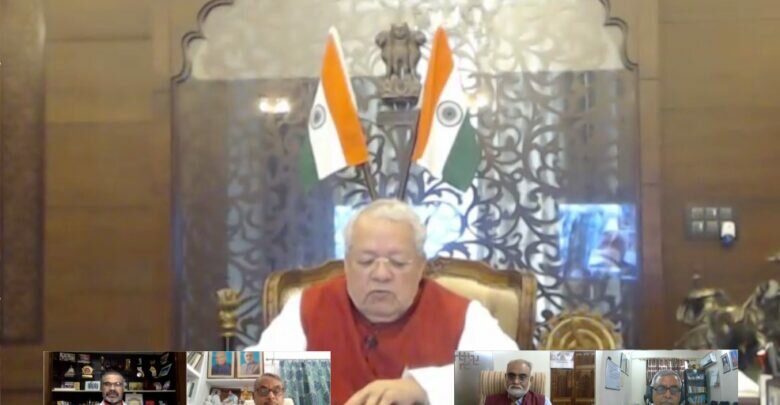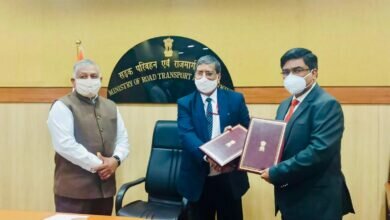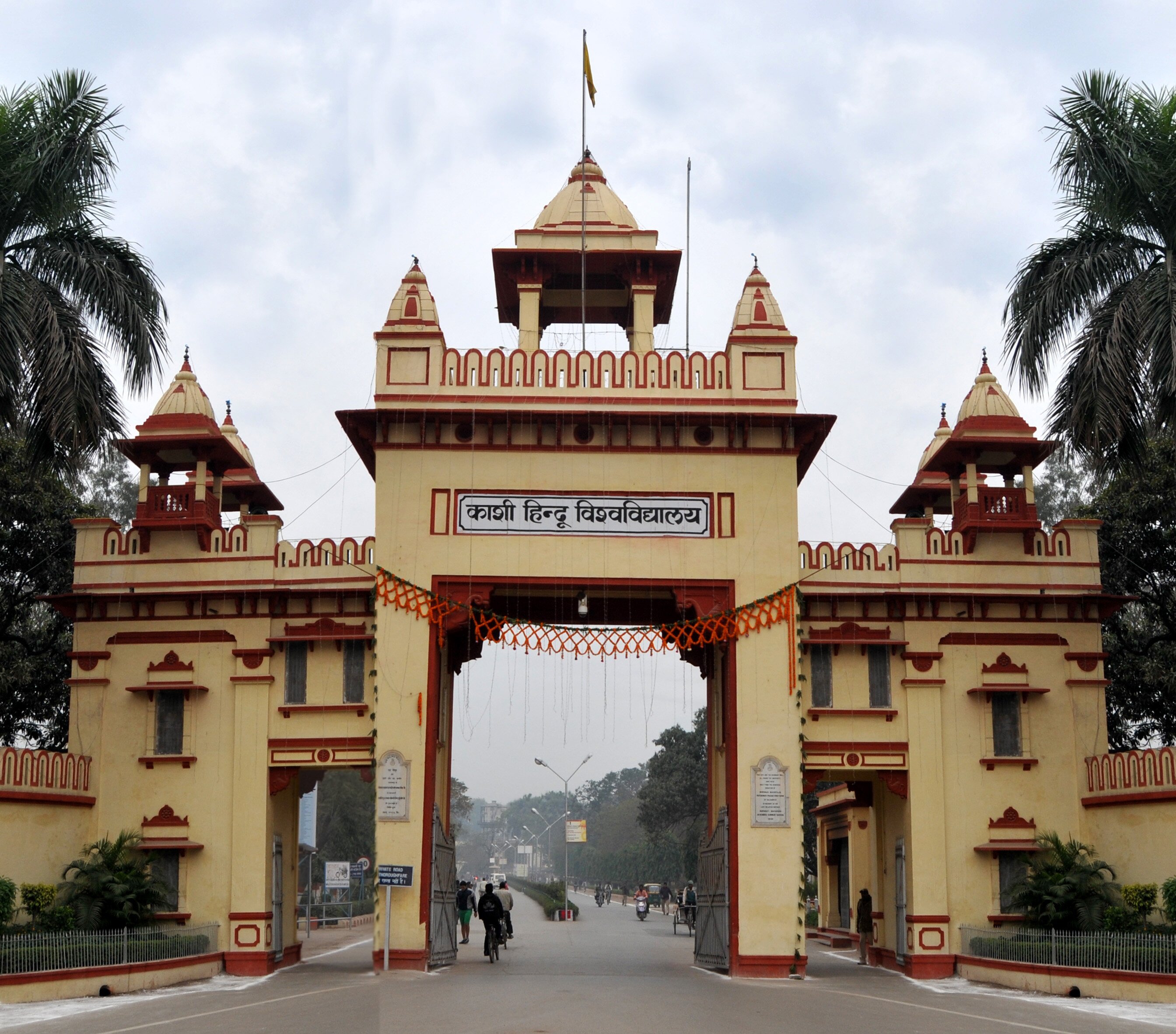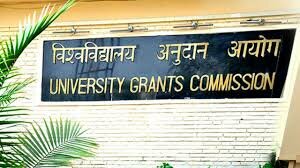Webinar on NEP-2020 held

Webinar on NEP-2020 held
Varanasi: The Inter University Centre for Teacher Education (IUCTE), Banaras Hindu University organized a webinar on ‘National Education Policy 2020: Ancient Knowledge Systems and Modern Education’ on Tuesday.
Addressing the webinar, Governor of Rajasthan Kalraj Mishra emphasized the National Education Policy, NEP 2020, and said that it aims at promoting ‘holistic, multidisciplinary and futuristic education’. India has had a long and illustrious history of holistic education. The aim of education in ancient India was not just the acquisition of knowledge, as preparation for life in this world or for life beyond schooling, but for complete realisation and liberation of the self. Education in India was only enriched through the mixing of cultures that arose from the very first invasions, till the arrival of the British.
He said that the country has absorbed many of these influences and blended them into a unique culture of its own. Culturally, India has been, and continues to be, a cradle of great diversity in all walks of life, with its myriad languages and dialects, with as many as seven classical dance forms and two classical music forms, many well-developed traditions of folk arts and music, pottery, sculptures and bronzes, exquisite architecture, incredible cuisines, fabulous textiles of all kinds, and so much more. These rich legacies to world heritage must not only be nurtured and preserved for posterity, but also enhanced and put to new uses through our education system.
Webinar on NEP-2020 held
He said that the IUCTE, BHU which is an Apex body in teacher education in higher education should aim at implementation of the recommendations of National Education Policy 2020. He also emphasized that after 185 years we have a policy which completely denies the 1835 Macaulay’s Minute on Indian Education and promotes a system of education rooted in Indian ethos.
Prof. BK Tripathi, Director, IUCTE in his presidential address said that the role of entire teaching fraternity is of utmost importance in the implementation of the recommendations of NEP 2020. In light of it the IUCTE may develop a ‘National Framework for Quality Teachers and Teaching in Higher Education’. Such a framework would provide a broader guideline on very important concerns as recommended in NEP 2020 such as continuous professional development of higher education faculty from pre-service to in-service to lifelong learning should be emphasized. Such a professional growth and development approach will assist faculty in charting their career pathway into multiple roles and increasing levels of responsibility. The required support to HEIs through a model credit-based courses for Ph.D. students to prepare them for future faculty roles may be developed by IUCTE.
Prof. Rajneesh Kumar Shukla, Vice-Chancellor, Mahatma Gandhi Antarashtriya Hindi Vishwavidyalaya, Wardha delivered the special lecture. In his deliberation, he expressed Ancient India has immensely contributed to civilization of human race by laying the foundation of the following important discipline: Philosophy, Phonetics, Linguistics, Grammar, Astronomy, Number theory, Atom theory, Buddhist school of atomism, Musical theory, Pharmacology, Life Sciences, Motion of elements, Gravitational forces, Science of Telegraphy, Ayurveda and Yoga. We need to develop a vision of integrating evidences based on ancient Indian Knowledge in the present education System.
Webinar on NEP-2020 held
Prof. Sachchidanand Joshi, Member Secretary Indira Gandhi National Center for the Arts New Delhi, delivered the Key Note address on the occasion. In his deliberation he focused that the aim of ancient Indian knowledge systems was oriented towards liberation and not towards acquiring materialistic goals of life. He further stressed that there lies a strong linkage between Education and culture. Education must develop cultured and socially responsible human beings and foster traditional values of knowledge and weaving them into the social fabric, setting up common systems for disseminating and communicating knowledge that would make the citizens informed. Therefore, for the successful implementation of NEP 2020 should be towards the development an integrated structure of knowledge by the depth of correspondence between the Principles of Ancient Indian Knowledge systems and Modern Education.





